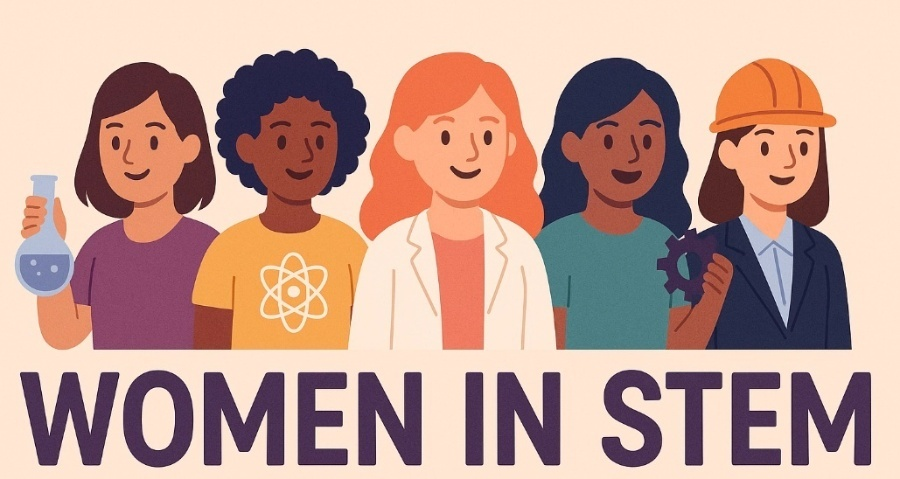Speaker
Description
Despite ongoing efforts to promote gender equity, women in STEM in Japan continue to face structural and cultural barriers to advancement. Founded in 2019, Women in Science Japan (WISJ) aims to address these challenges by providing a platform for peer support, mentorship, and professional development. This talk offers a retrospective analysis of WISJ’s evolution over six years, examining the design, implementation, and impact of its core initiatives. Data and observations from community-led activities—including networking events, structured mentorship cohorts, and skills-based workshops—reveal which formats have proven most effective in fostering engagement and supporting career progression. Conversely, less impactful strategies, such as panel discussions and open-ended mentorship formats, highlight the importance of intentional program design. The talk will also discuss the potential of larger-scale initiatives, such as the recently launched Machine Learning Summer School, whose outcomes are still emerging. Insights will be presented with attention to their relevance for comparable initiatives across Asia, offering practical ideas for community-building and professional support.

